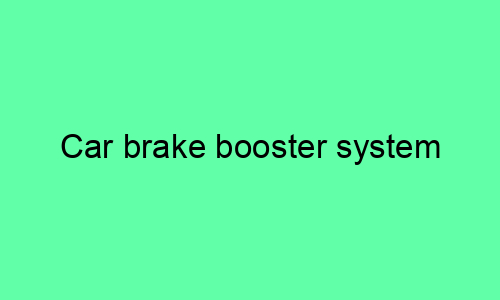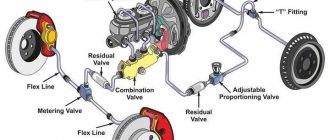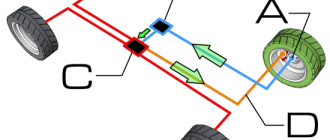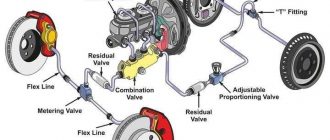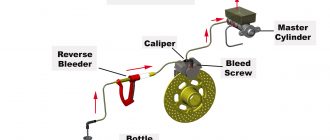Car Brake Booster System
What is a Brake Booster?
A brake booster is a device that multiplies the force applied by the driver to the brake pedal, making it easier to stop the car. Brake boosters are typically used in vehicles with power brakes, which use a vacuum or hydraulic system to provide additional force to the brake pedal.
How Does a Brake Booster Work?
There are two main types of brake boosters: vacuum boosters and hydraulic boosters. Vacuum boosters use the engine’s vacuum to create a force that assists the driver in applying the brakes. Hydraulic boosters use a hydraulic system to provide the additional force.
In a vacuum booster, the engine’s vacuum is used to create a pressure differential between the two sides of a diaphragm. The diaphragm is connected to the brake pedal, and when the driver applies pressure to the pedal, the diaphragm moves and creates a force that assists in applying the brakes.
In a hydraulic booster, a hydraulic pump is used to create a pressure differential between the two sides of a piston. The piston is connected to the brake pedal, and when the driver applies pressure to the pedal, the piston moves and creates a force that assists in applying the brakes.
Benefits of a Brake Booster
Brake boosters provide a number of benefits, including:
- Reduced driver effort: Brake boosters make it easier to stop the car, which can reduce driver fatigue and improve safety.
- Improved braking performance: Brake boosters can help to improve braking performance by providing additional force to the brake pedal, which can result in shorter stopping distances.
- Increased safety: Brake boosters can help to improve safety by making it easier to stop the car in an emergency.
Troubleshooting Brake Booster Problems
If you are experiencing problems with your brake booster, there are a few things you can check:
- Vacuum leaks: Vacuum leaks can cause the brake booster to not function properly. Check for any leaks in the vacuum hoses or connections.
- Hydraulic leaks: Hydraulic leaks can also cause the brake booster to not function properly. Check for any leaks in the hydraulic lines or connections.
- Defective diaphragm or piston: The diaphragm or piston in the brake booster can become damaged or defective over time. This can cause the brake booster to not function properly.
If you are experiencing any problems with your brake booster, it is important to have it checked by a qualified mechanic as soon as possible.
